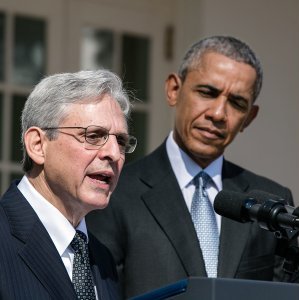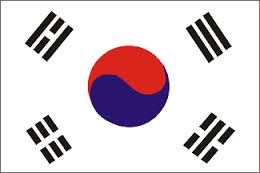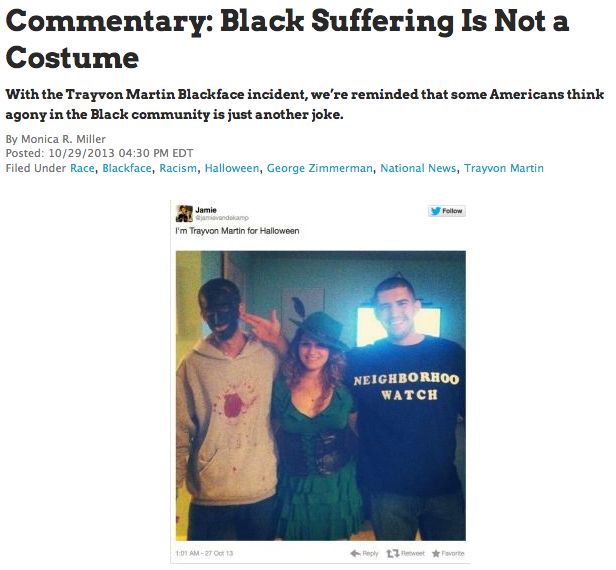
Through a series of interesting circumstances, I recently had the occasion to visit Lansing Correctional Facility, the oldest and largest prison in the state of Kansas. The purpose of my visit was multifaceted, but my part in the process was to bring a group of my own university students to participate in a college-level philosophy class taken by inmate students. The explicit goal was to provide both groups the chance to see how their different experiences might provide more nuanced perspectives on some introductory-level philosophical issues.
Although we did not intend to talk about the criminal justice system as one of our topics, the fact that that was the setting of our engagement was an undeniable part of our time together. Like several others in the group, I was aware of the literature on mass incarceration and the “school to pipeline” process that currently feeds the American prison system. While these models of incarceration are complex, what the evidence demonstrates is that factors largely outside of one’s control play a significant role in whether and how one experiences the corrections system. For instance, things such as race, gender, educational quality, and poverty are all determinants in the likelihood of arrest, the quality of one’s legal representation, whether one will be convicted, the length of one’s sentence, and recidivism rates. Continue reading “Hope and the Politics of Belief: Some Thoughts on a Trip to Prison”

 Anyone who knows me knows that I walk my dog early each morning — lately I’m regularly going to a nearby park where, well, Izzy goes regularly as well. But every now and then I change it up a little — variety is the spice of life and all that — and so I park here and we walk there or park over there and then we walk here. Sometimes I park in one of the lots but other times I pull over off the small loop of a road and park on the grassy shoulder.
Anyone who knows me knows that I walk my dog early each morning — lately I’m regularly going to a nearby park where, well, Izzy goes regularly as well. But every now and then I change it up a little — variety is the spice of life and all that — and so I park here and we walk there or park over there and then we walk here. Sometimes I park in one of the lots but other times I pull over off the small loop of a road and park on the grassy shoulder.  The reporting surrounding President Obama’s nomination of Merrick Garland as Supreme Court justice both reveals and complicates the concept of privilege in an intriguing manner. Many of the articles, such as this
The reporting surrounding President Obama’s nomination of Merrick Garland as Supreme Court justice both reveals and complicates the concept of privilege in an intriguing manner. Many of the articles, such as this 


 The reactions to
The reactions to  Have you read
Have you read